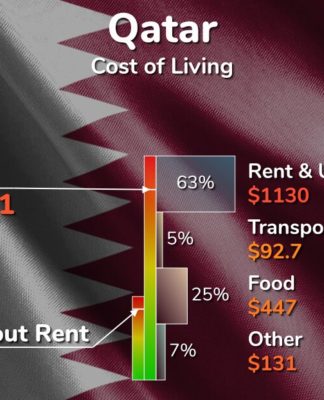According to study, people who are classed ‘healthy obese,’ or who are a ‘normal weight’ but have metabolic abnormalities such as diabetes, could still be at an increased risk of cardiovascular disease.

Those who have a normal BMI but have metabolic abnormalities such as diabetes could still be at an increased risk of cardiovascular disease according to new UK research. (Photo courtesy: AFP Relaxnews/ stevecoleimages/ Istock.com)
UK researchers are warning that those who are classed as ‘healthy obese,’ or who are a ‘normal weight’ but have metabolic abnormalities such as diabetes, could still be at an increased risk of cardiovascular disease.
In the largest study of its kind to date, a team from the University of Birmingham’s Institute of Applied Health Research set out to compare weight and metabolic status to the risk of cardiovascular disease.
The researchers used electronic health records of 3.5 million British adults who were all free of cardiovascular disease (CVD) at the start of the study.
They then looked at the patient’s records at an average of 5 years and four months later to see who had gone on to develop each of four kinds of CVD events — coronary heart disease (CHD), cerebrovascular disease (in particular strokes), heart failure, or peripheral vascular disease (PVD).
Patients were also divided into four ‘body size phenotypes’ using their Body Mass Index (BMI), which is calculated by dividing body weight (kg) by height (m) squared.
These four phenotypes included underweight (BMI less than 18.5), normal weight (more than 18 but less than 25), overweight (more than 25 but less than 30), and obese (more than 30).
Three metabolic abnormalities were also included in the study — diabetes, hypertension (high blood pressure) and hyperlipidaemia (high cholesterol).
A metabolically healthy person was classified as having no metabolic abnormalities, while a ‘metabolically healthy obese’ (MHO) individual is classed as obese but does not suffer metabolic abnormalities.
The team found that those who were MHO had a 49 percent higher risk of coronary heart disease, seven percent higher risk of cerebrovascular disease and a 96 percent higher risk of heart failure than normal-weight metabolically healthy individuals.
Importantly, and perhaps surprisingly, the results also showed that those who are ‘normal’ weight but with one or more metabolic abnormalities also had an increased risk of CHD, cerebrovascular disease, heart failure and PVD compared to normal-weight individuals without metabolic abnormalities.
The research now raises questions around the idea of ‘healthy obesity,’ with lead author Dr. Rishi Caleyachetty commenting that, “So-called ‘metabolically healthy’ obesity is clearly not a harmless condition and the term should no longer be used in order to prevent misleading individuals that obesity can be healthy.”
The findings are published in the Journal of the American College of Cardiology.






























